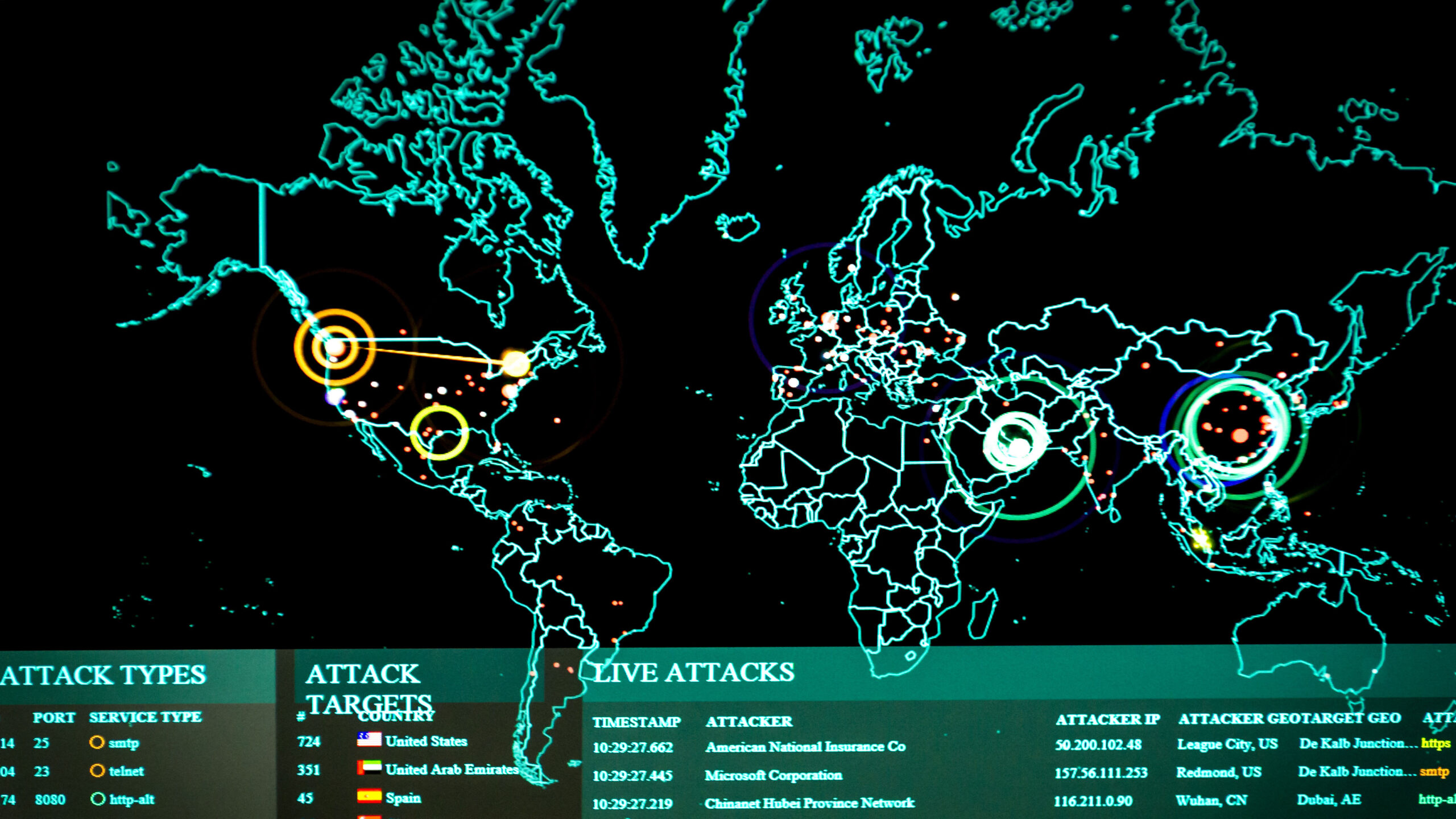As cyber attacks become increasingly sophisticated, companies across all industries are at risk of security breaches. However, the healthcare industry has been one of the most targeted sectors for cyber criminals. With the vast amount of sensitive patient information stored online, it is crucial for healthcare organizations to prioritize cybersecurity measures. In this article, we will provide a comprehensive overview of cyber attacks and security breaches in healthcare.
From ransomware attacks to phishing scams, cyber attacks in healthcare have been on the rise in recent years. The repercussions of such attacks can be devastating, resulting in compromised personal information, financial losses, and even patient harm.
Cyber Attacks and Security Breaches in Healthcare
The Increasing Threat of Cyber Attacks on Healthcare Organizations
In recent years, healthcare organizations have become a prime target for cyber criminals due to the valuable patient data they hold. According to the Ponemon Institute, the healthcare industry had the highest cost per stolen record at $429 in 2020. This has resulted in an increasing number of cyber attacks and security breaches in healthcare. These attacks can include ransomware, phishing, and malware, among others.
Healthcare organizations must be aware of the risks associated with cyber attacks and take proactive measures to prevent them. This includes implementing strong cybersecurity measures such as firewalls, encryption, and regular backups of patient data. Training employees to identify and handle potential threats is also crucial in preventing security breaches.
The Impact of Cyber Attacks on Healthcare Organizations
The impact of a cyber attack on a healthcare organization can be devastating. Not only can sensitive patient data be compromised, but the organization may also face legal consequences and loss of reputation. Patients’ trust in the healthcare system can be significantly damaged if their personal information is breached and misused. The organization may also face financial losses from the cost of recovery and penalties for non-compliance with data protection regulations.
To minimize the impact of cyber attacks, healthcare organizations must have a plan in place to respond to potential threats. This includes conducting regular risk assessments, creating an incident response team, and regularly testing the organization’s ability to detect and respond to cyber attacks.
Future Trends in Healthcare Cybersecurity
As technology continues to advance, healthcare organizations must stay up to date with the latest trends in cybersecurity. This includes the use of artificial intelligence and machine learning to detect and prevent potential threats, as well as the implementation of blockchain technology for secure data sharing. Additionally, the COVID-19 pandemic has accelerated the adoption of telemedicine and remote patient monitoring, which presents new challenges for cybersecurity in healthcare.
In the future, healthcare organizations must also prioritize the protection of medical devices that are increasingly connected to the internet. These devices can be vulnerable to cyber attacks and must be secured to prevent potential harm to patients. By staying ahead of these trends and implementing the latest cybersecurity measures, healthcare organizations can protect both their patients and their reputation.
